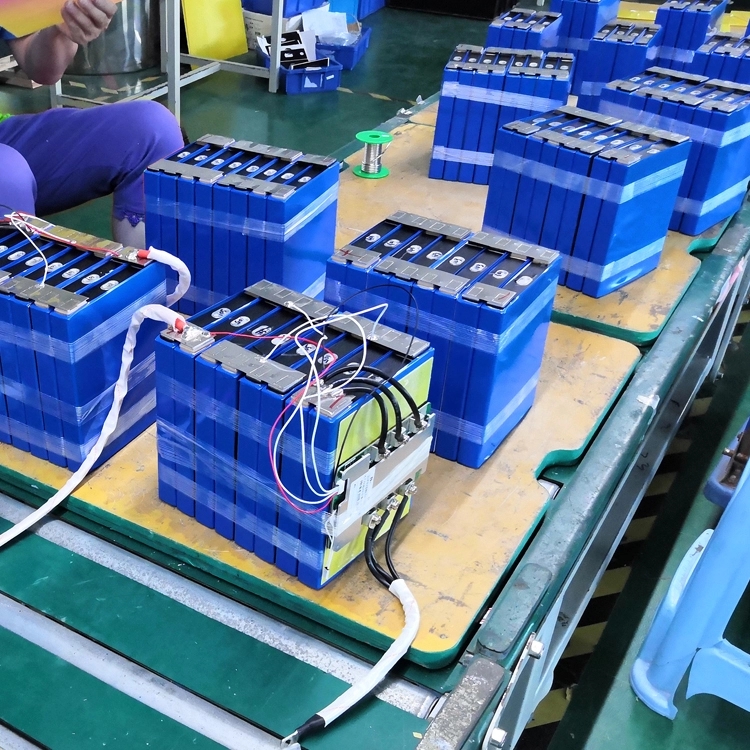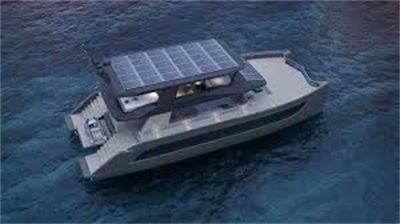The Electric Boat Revolution Embracing the Power of Lithium Batteries
Introduction to the Electric Boat Revolution
The maritime industry is witnessing a transformative shift towards electrification, and at the heart of this revolution is the remarkable technology of lithium batteries. As the world becomes increasingly aware of the environmental impacts of traditional fossil fuels, electric boats are emerging as a viable and sustainable alternative. This article explores the numerous advantages of lithium batteries that are driving the electric boat revolution forward.
Lightweight and High Energy Density
One of the most significant advantages of lithium batteries is their lightweight design coupled with high energy density. Compared to conventional lead-acid batteries, lithium batteries can store more energy in a smaller and lighter package. This means that electric boats can achieve greater speeds and longer ranges without the unnecessary weight that often hinders traditional vessels. The ability to maneuver effortlessly through water not only enhances the overall boating experience but also opens new avenues for exploration.
Longer Lifespan and Reduced Maintenance
Another appealing characteristic of lithium batteries is their longevity. Typically, lithium batteries have a lifespan of up to 10 years or more, significantly exceeding that of lead-acid batteries, which might require replacement every few years. This extended lifespan translates to lower replacement costs and reduced maintenance efforts. Boaters can spend more time enjoying their adventures on the water rather than worrying about battery performance and upkeep.
Rapid Charging Capabilities
With the development of advanced charging technologies, lithium batteries offer rapid charging capabilities that are especially beneficial for electric boats. Many modern lithium battery systems can be fully charged in a fraction of the time required for traditional batteries. This feature is particularly advantageous for boaters who want to minimize downtime and maximize their time on the water. With efficient charging solutions, the concept of "charging while you fish" or taking a quick break to recharge becomes a reality.
Environmental Benefits
One of the key factors driving the electric boat revolution is the growing concern for environmental sustainability. Lithium batteries produce zero emissions during operation, making electric boats a cleaner alternative that helps preserve marine ecosystems. By choosing lithium-powered vessels, boaters contribute to reducing their carbon footprint and promoting a healthier planet for future generations. This eco-friendly approach aligns with the values of many modern consumers who recognize the importance of protecting our natural resources.
Conclusion: A Bright Future for Electric Boats
As we navigate through an era of technological innovation, the advantages of lithium batteries are setting the stage for a bright future in the electric boat industry. From their lightweight and efficient design to enhanced longevity and environmental benefits, lithium batteries are reshaping the way we think about boating. As more enthusiasts embrace electric propulsion, the electric boat revolution will undoubtedly continue to gain momentum, paving the way for a cleaner, more sustainable maritime experience.

_看图王.jpg)
